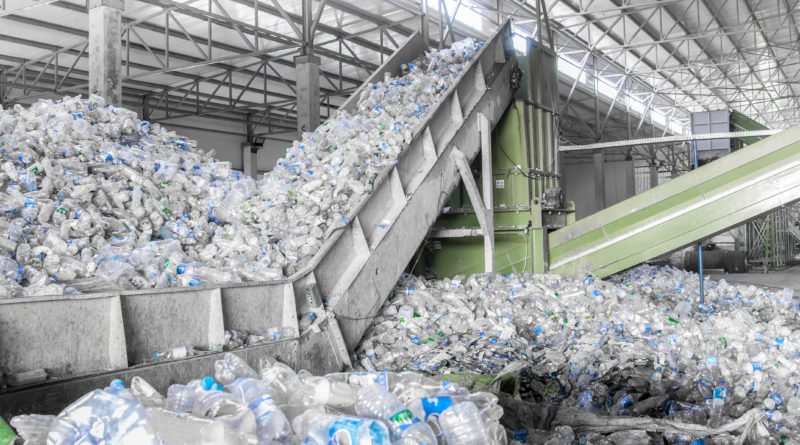What Manufacturers Are Doing To Improve Recycling
1,813 total views, 1 views today
At this point, it’s common knowledge that recycling plastics is environmentally beneficial. But how many of us know the intricacies of what happens to our plastics after the recycling trucks take them from our curbs?
One of the basic flaws of mechanical recycling, the most common plastic recycling process, is that the recycling processes, such as sequential shredding, melting, and pelletization, often degrade the quality of the original plastic. The process limits how many times a plastic can actually be recycled before it’s treated as ordinary, landfill-building garbage.
In response to the flaws of mechanical recycling, plastic companies are beginning to commit to processes that lessen degradation. One such process is depolymerization, in which the plastic is broken down into the basic molecules comprising it, which are then converted into high-quality plastic similar to that made directly from crude oil. No quality degradation occurs with repeated depolymerization, and the process is safer than mechanical recycling is.
Despite the promise of depolymerization, not all plastics take well to it. An article in GreenBiz points to Montreal, Canada-based manufacturer Loop Industries as a leader in high-quality recycling of one such plastic: PET. Loop has begun using a proprietary process that restores PET waste to its original quality for reuse and therefore helps to keep PET out of landfills. Loop claims that this process expends no energy, an environmentally-savvy consumer’s dream.
Loop has yet to actually start using this process on a large scale, but many of your favorite store-brand drinks, which use PET in their plastic bottles, will soon use Loop Industries’ new technology to lessen the product’s carbon footprint.
The GreenBiz article also states that, in three decades, plastic production could account for five times more crude oil use globally than it does now. Thankfully, though, manufacturers are taking savvy steps to cut back on the number of plastics made directly from petroleum. And with the environment in deep need of a savior, this is a piece of welcome news.

